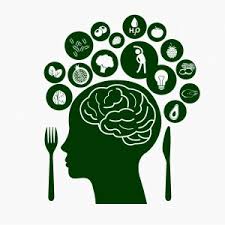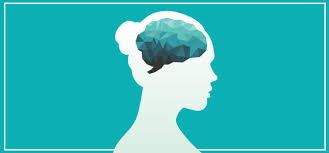
Protecting Brain Health
June is recognized as Alzheimer’s and Brain Awareness month and during this month nurses act as excellent resources for their patients.
Whether your primary patient population is young or old, education about taking care of this essential organ is important. And while Alzheimer’s disease causes the biggest impact on those 65 and older, early onset Alzheimer’s devastates families as well.
Alzheimer’s and dementia, although not the same, are related. Both conditions affect the brain because they are related to damage of the brain’s cells, but neither is actually a normal result of growing older.
Although Alzheimer’s has no cure, many experts believe that protecting brain health can help delay it or possibly avoid it. There’s no magic, however, as so many varied factors can weigh into whether or not someone develops particular brain diseases.
Because there are still so many unanswered questions, anything that can help brain health is worthwhile for people who have concerns about these conditions. Many times, anything that protects health in general, especially heart health, is good for the brain. Talking to patients about the importance of taking care of themselves in general, from food choices to protecting against preventable head injury, can lead into conversations and education about how to do that in everyday activities.
According to the Alzheimer’s Association, 60 to 80 percent of dementia cases are caused by Alzheimer’s disease, a specific brain disease. Dementia, on the other hand, is characterized by general symptoms of decline in thinking, including the memory issues that many people begin to worry about as they age, but it doesn’t always mean someone has Alzheimer’s.
What can impact someone’s chances of developing Alzheimer’s? Advancing age is a risk factor as more cases of dementia, including Alzheimer’s, show up in older people. But a family history can indicate a genetic risk for developing the disease. People who are Black or Latinx also have greater risk of Alzheimer’s disease, so education about heart health and controlling high blood pressure, high cholesterol, and getting heart-pumping activity can go a long way to helping keep hearts and brains healthy.
Although no one can cure Alzheimer’s yet, research is ongoing into medications and treatments that offer much hope for a cure. In the meantime, if patients ask what they can do, there’s plenty you can tell them. They can get involved in advocacy on the local, state, and national level. That could mean advocating for residents of a long-term care facility in their hometown or getting involved on a national scale to pass legislation that impacts the research and the people affected by Alzheimer’s and brain health in general. There are many clinical trials run through the Alzheimer’s Association, the Mayo Clinic, and the National Institute on Aging, among others that need people who might offer clues into the disease, whether they have a brain disease or not.
Patients can also learn what they can do to help their own brain health. Small things like ensuring rugs are not trip hazards, clearing walkways of snow and ice, wearing a seatbelt always, and being aware of sports with high concussion risk such as football or soccer can help prevent the injury that can lead to cell damage.
During June, have conversations with your patients to help get them started on a path that boosts their brain health.



